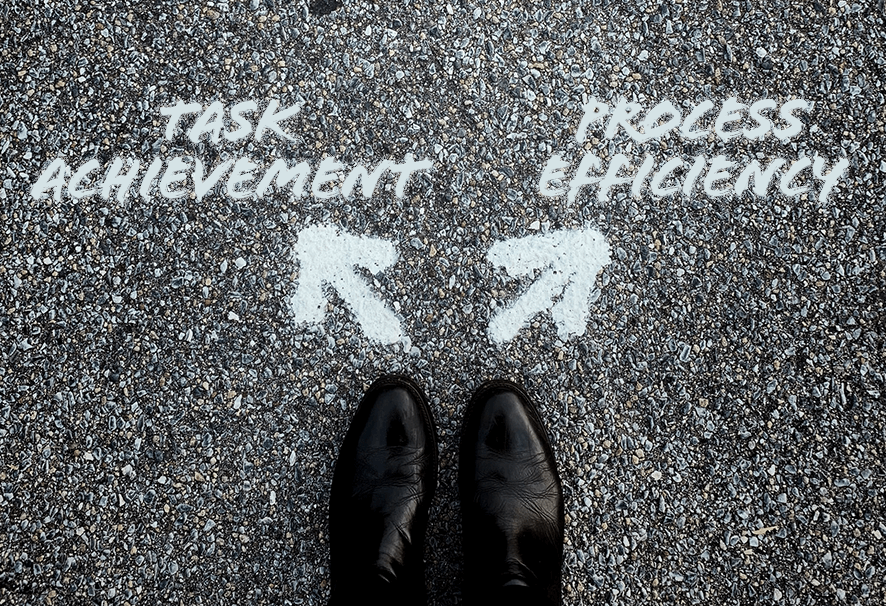Balancing a diverse selection of working styles within a team isn’t easy; however, having those different styles makes a team better and makes work more engaging for everyone involved.

If you know there is something that is being done in an inefficient way at your organization, which approach do you take? For some people, if the short-term end-goal gets completed even though everyone is so busy treading water to survive their daily tasks, the mission is accomplished. Proposing changes or thinking about the effort required to fundamentally change how things are being done gets lost in the shuffle. Getting things done meets the requirement, and the thought of doing it more efficiently or in a more scalable manner is an unachievable state, so the status quo defines the rules of engagement. For other people, entrenched inefficiency is abrasive, and they feel compelled to chip away, or completely disregard, the status quo. They view the short-term pain of making a change – and the associated impact on existing work – as a justifiable cost to pay for improving scalability and efficiency.
The first type, those who are focused on ensuring results are achieved while not being focused on perpetually pondering if there is a better way to get things done, view the second type as dreamers. They see those “process efficiency warriors” as lacking the discipline to ensure a key metric of consistent, timely results at all times. Their lens to the world is that getting things done to support the current needs is the most critical success criteria.
The second type, those who are compelled to drive out inefficiency even if it means some short-term pains to get to their desired state, view the first type as disinterested in growth and overly resistant to change. They view the “task achiever” as lacking the willingness to acknowledge the short-term pain to improve efficiency would lead to a better long-term reality.
“Resist the easy path of making your different working styles personal; talk openly about the simple difference in the way you each view work and be willing to value a balanced approach.”
Both types of people are important for the health of an organization. A team filled with the “get it done” mindset can become deficient in creativity or struggle to adapt to business changes over the course of time. A team filled with people focused exclusively on process can become deficient in achieving short-term results on tight deadlines. If you find yourself struggling with a teammate who seems resistant to change – or with a teammate who seems too adamant about change – think through what you find abrasive. Resist the easy path of making your different working styles personal; talk openly about the simple difference in the way you each view work and be willing to value a balanced approach. Work is healthier and more rewarding for everyone when you are willing to invest energy in ensuring you are doing your part to minimize conflict rather than quietly forming cliques based on different working styles. Diverse styles make a team better and accepting the importance of both short-term and long-term perspectives on the team makes work more engaging for everyone involved.
Written By:

Jeff Gorman
President
Keller Schroeder




